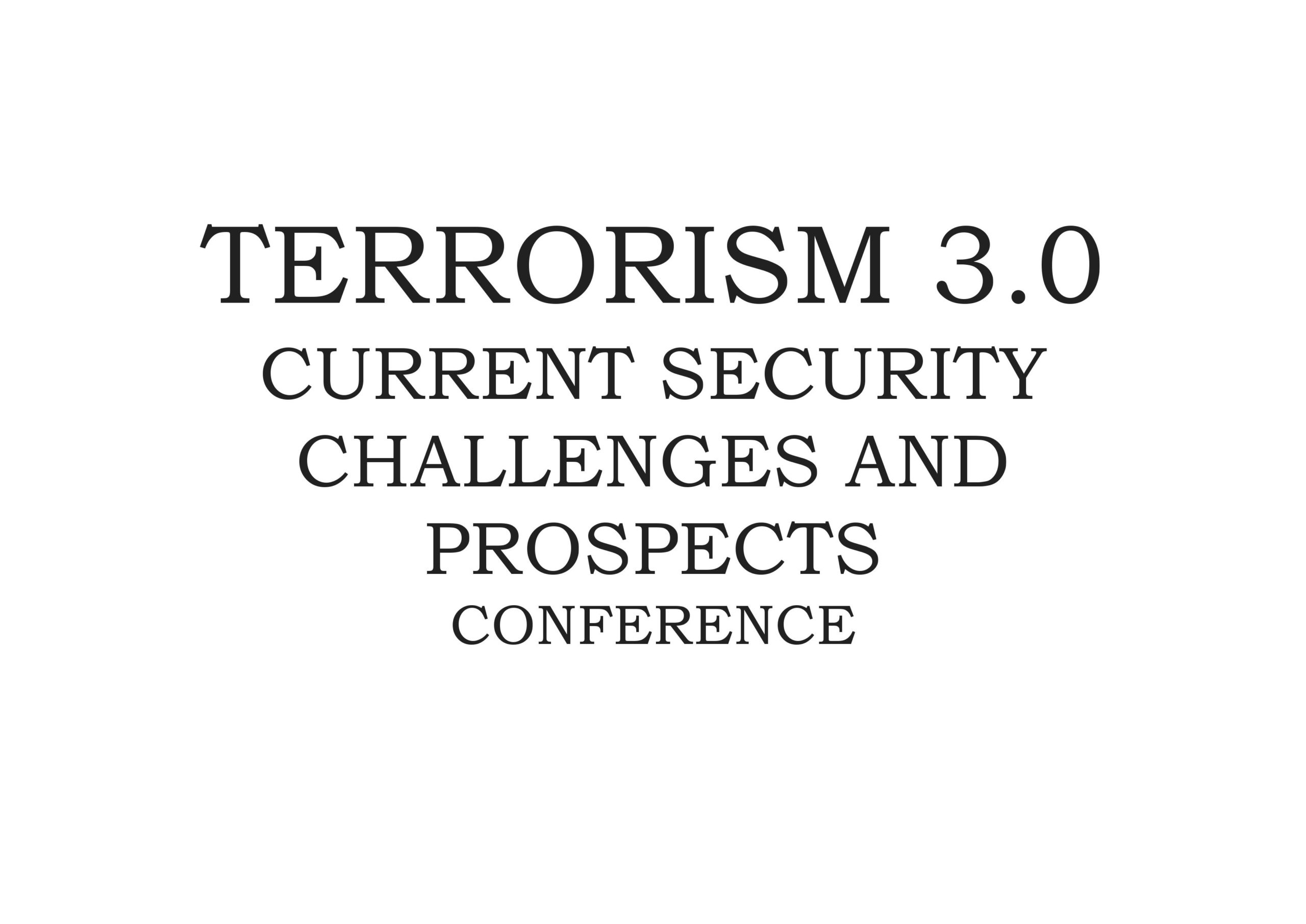Although The Islamic State in Syria and Iraq suffered serious setbacks in the last year, it does not mean that the fight against Jihadist groups was won. Affiliates of ISIS from Afghanistan to Nigeria are still strong, controlling territories and launching devastating attacks. Regional allies of al-Qaeda are conducting assassinations in Somalia and Kenya and have the capacity to destabilize whole subregions. And though the number of large-scale terrorist attacks declined in Europe, it rapidly increased in Africa and is still unacceptably high in the Middle East.
The aim of our conference is to provide a better understanding of the current status, trends and the future prospects of terrorism in our Globe, and to contribute to the academic discussion about violent extremism by accurate and relevant analyses and lectures, delivered by both experts and government institutions.
Programme
5 December 2019
09.00—09.30 Registration
09.30—11.00 Opening remarks and keynote speeches
- Gergely Németh, Deputy State Secretary, Hungarian Ministry of Defence: The impact of periferial instability on the security of Europe
- János Béres, Director, Military National Security Service, Hungary: The roots of radical Islamism
- Tamás Dezső, Director, Migration Research Institute (MRI), Hungary: The foreign fighter phenomenon
11.00—11.30 Coffee Break
11.30—13.00 Terrorism as a Global Security Challenge I. Moderator: Tamás Dezső, director, MRI
- Péter Tálas, Director, Centre for Strategic and Defence Studies, National University of Public Service (NUPS, Hungary): The development of terrorism according to data of GTD
- Péter Keresztes, Head of Department, Information Office of Hungary: Terrorist threat after the collapse of ISIS
- István Resperger, Director, National Security Institution, NUPS: The technics of Jihadism among ISIS and Boko Haram
13.00—14.00 Lunch
14.00—15.30 Terrorism as a Global Security Challenge II. Moderator: Szabolcs Janik, deputy director, MRI
- Inmaculada Marrero Rocha, Universidad de Granada, Spain: Even the most villains of international relations like to cooperate. New developments in the relationship
- Ágnes Hankiss, Head of Department of Counter-Terrorism, NUPS: Terrorist networks
- Claude Moniquet, Director, European Strategic Intelligence and Security Centre, Belgium: Jihad and Islamism in Belgium: Everything about networks and ramifications
15.30—16.00 Coffee Break
16.00—17.30 Modern terrorism in Africa. Moderator: Bianka Speidl, MRI
- Kaleab Sigatu Tadesse, Research Assistant, Amani Africa Media and Research, Ethiopia: Terrorism in the Horn of Africa: threats and Ethiopian responses
- Cyprian Kozera, Assistant Professor, War Studies University, Poland: Mali — the Constant and Changing Epicentre of Irregular Conflict and Terrorism in the Sahel
- Viktor Marsai, Research Director, MRI — NUPS: Jihadist attacks against military bases in the SSA
6 December 2019
09.00—10.00 Registration
10.00—12.00 Terrorism in the Middle-East. Moderator: Viktor Marsai, MRI
- József Kiss-Benedek, Professor, NUPS: The Terrorist Threat in Israel
- Walter Posch, Institut für Friedenssicherung und Konfliktmanagement, Austria: ’Inadina’ — Against all Odds, Turkish Communist resistance from Istanbul in the 1960s to Rojava in 2019
- Máté Szalai, Senior Researcher, Institute of Foreign Affairs and Trade, Hungary—Corvinus University of Budapest: Daesh after Baghdadi — the effect of leadership change on transnational Jihadi networks
- Péter Simon, Military National Security Service, Hungary: The security situation in Syria
12.00—13.00 Lunch
13.00—15.00 Terrorism in Europe. Moderator: Abdessamad Belhaj, MRI
- Diego Muro, International Relations at the Centre for the Study of Terrorism and Political Violence (CSTPV) at the University of St Andrews, UK: ‘When Does Terrorism Work?’
- Bianka Speidl, Senior Researcher, MRI: The transnational social networks of terrorism
- Radko Hokovský, Director, European Values, Czech Republic: Militant Jihadism as a violent manifestation of Islamic Extremism
15.00 Closing Remarks
